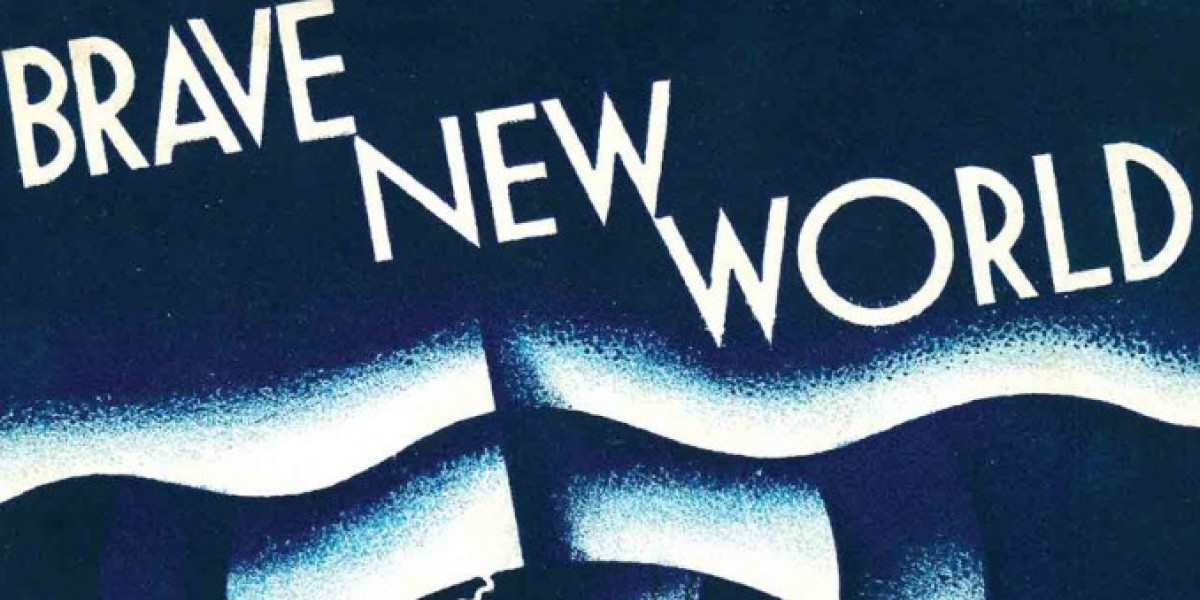Aldous Huxley's Brave New World presents a future shaped by control and engineered happiness, a world stripped of individuality and freedom. The novel paints a society obsessed with comfort, safety, and uniformity, where true emotions are suppressed by conditioning and artificial pleasures. Huxley’s vision captivates readers because it forces them to reflect on their own world. For example, while reading about this controlled society, one might explore different avenues of literature, such as through singlelogin.rs and its offerings on Z-library.
The Power of Control in a Technological Society
Huxley's world revolves around control—of both minds and bodies. The citizens in the novel are not aware of their loss of freedom because it has been taken so subtly through conditioning. From birth, people are molded to fit specific societal roles, ensuring that everyone remains content in their predetermined place. This absolute control is achieved through advanced technology that dictates everything, from emotions to thoughts.
The use of technology for control also mirrors aspects of today’s world. As we rely more on tech in our daily lives, Huxley’s message becomes eerily relevant. The fear of losing our individuality, through increased dependence on automated systems, echoes throughout Brave New World.
Individuality Versus Society's Needs
While the novel shows a world where stability and order are maintained at the cost of personal freedom, Huxley also explores the tension between individuality and societal conformity. The central characters, particularly Bernard Marx and John the Savage, struggle with their desire for personal freedom in a society that views such desires as dangerous. These conflicts drive much of the emotional weight of the novel.
Bernard’s need to break free from the constraints of this controlled world leads to the reader questioning the balance between individuality and societal progress. The struggle of characters in Brave New World may seem extreme, yet it asks us to examine how much freedom we’re willing to sacrifice for comfort and security.
The Role of Soma: A False Happiness
In Huxley’s world, soma is the perfect tool to keep everyone happy, or at least free from pain and worry. This wonder drug helps people escape the reality of their controlled lives, offering bliss in exchange for genuine emotions. Soma symbolizes the ease with which people surrender their autonomy for temporary pleasure, making it one of the novel’s most significant symbols.
Reflections on the Real World
While the world in Brave New World may seem far removed from reality, it reflects modern concerns about technology, freedom, and control. Today, we must ask: How much of our autonomy do we give up in exchange for ease and convenience? This balance between freedom and comfort remains central to discussions about our own society.
These ideas can be summed up in a few key insights about Huxley’s message:
- Control disguised as comfort leads to complacency
- True freedom requires self-awareness and personal responsibility
- Technology, while useful, can also limit human experiences
- A life without challenges or emotions is a shallow existence
The novel, while fictional, forces us to evaluate our relationship with technology, comfort, and individuality.
Escape Through Literature: An Answer to Dystopia?
Books like Brave New World offer more than just a story—they invite us to reflect on our world. Whether through classic novels or contemporary ones, literature remains a way for us to engage with deep, meaningful ideas. By diving into the dystopian world Huxley created, readers find themselves questioning not just the book’s society but their own.









